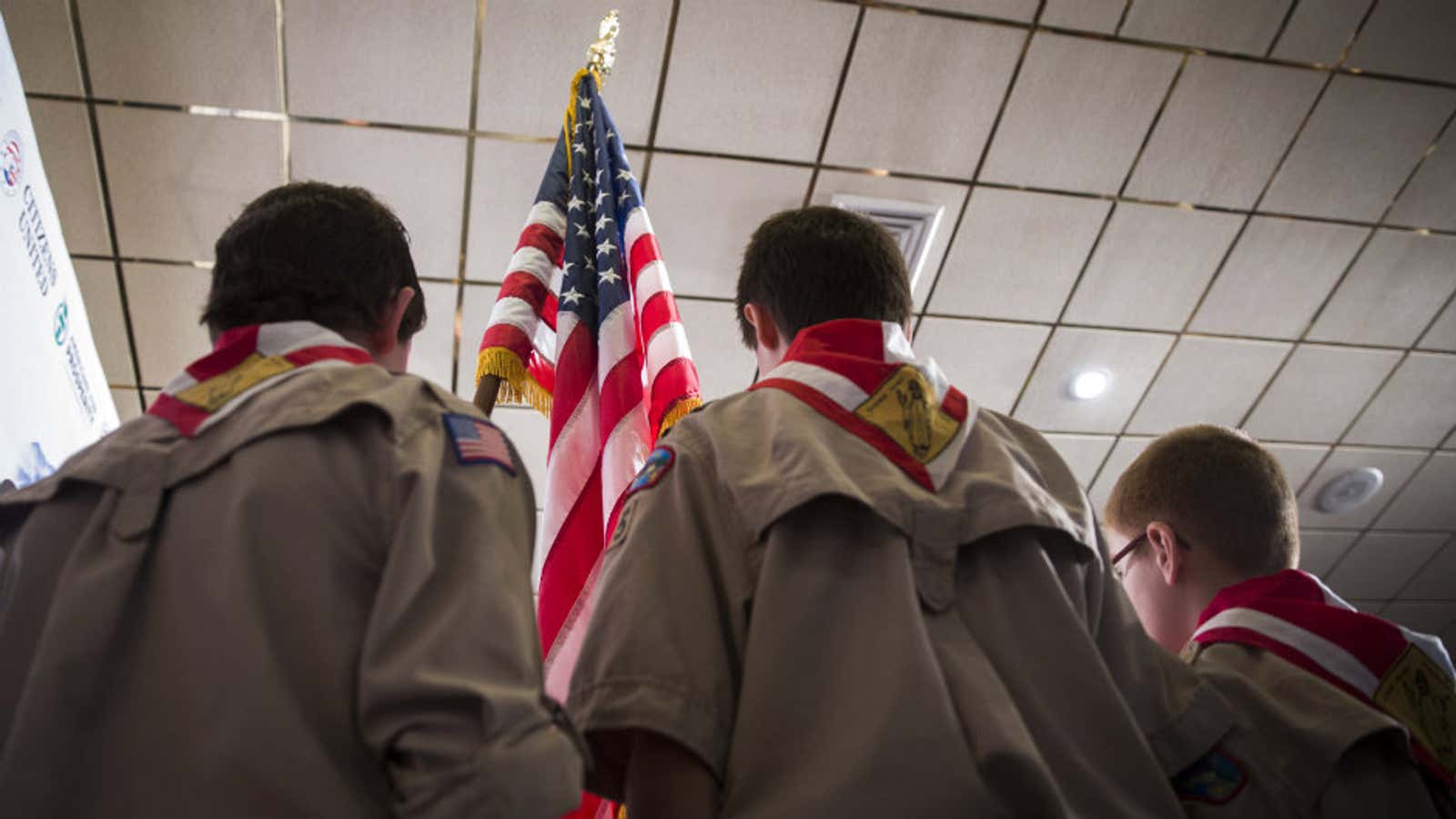The remarkable popularity of Danielle and Astro Teller’s essay “How American parenting is killing the American marriage” points to an incipient backlash against the cult of parenthood.
But if there is going to be a backlash against the cult of parenthood, I hope it is the right backlash. To me, the problem here is not at all the elevation of child rearing. After all, those who are children today really are the future of our species and our civilization, as I wrote in my Christmas column last year: “That baby born in Bethlehem should inspire society to keep redeeming itself.” What deserves a backlash is the elevation of my child or your child over everyone else’s children, and over all the adults who hold things together and move things forward until those who are now children are ready to run things.
Among the middle-aged, the most common type of thoroughgoing selfishness is not “Me, me, me,” but “my, my, my” on behalf of a precious daughter or son. But isn’t this just human nature? Isn’t it just tilting against windmills in the grand tradition of Don Quixote to inveigh against the extreme favoritism people exhibit towards their own children? Actually, no. As adult human beings, how many children we care about, and how much, is a curiously malleable aspect of our personalities. People love their adopted children dearly. And it is hard to coach a soccer team, be a Cub Scout den leader, or run a math club without starting to care about the kids one works with.
Growing up, I was often told “You love those whom you serve.” That is a true principle of psychology. If you help someone out without too much of an ulterior motive, parts of your brain outside the localized glow of consciousness start trying to make sense of why you are being so nice. A handy explanation for your subconscious to turn to is that whoever it is means something to you. And this process of what in economists’ jargon would be called “developing a new altruistic link” works even if you know full well that it is happening. I remember when bargaining with the head of my department over the terms on which I would serve (a now completed term) as director of our Masters of Applied Economics program knowing that I had to be ready for a situation in which I would come to care about those students, even though I didn’t know them yet.
Community and religious organizations that get people involved in helping others—especially when they get people involved in helping others who are in especially bad situations—do a lot to help generate new altruistic links that make the world a fairer, more benevolent place in ways that come easily to us, psychologically, after getting over the initial hump of dealing with someone new. Strangers become friends. And our friends’ problems become our own.
Even government policy can help. Paying taxes does very little toward making us care about those who are helped from those tax revenues. But if, instead of raising taxes, we insisted that those who are comfortable contribute a substantial amount to a charity of their choice, as I advocated in my column “Yes, there is an alternative to austerity versus spending: Reinvigorate America’s nonprofits,” we would care more. And caring more, we would be likely to volunteer our time as well as giving money. And best of all, our children would see us helping other people’s children, and learn early on that loving others—even beyond our own families—is what brings us to the highest level of our own humanity.
